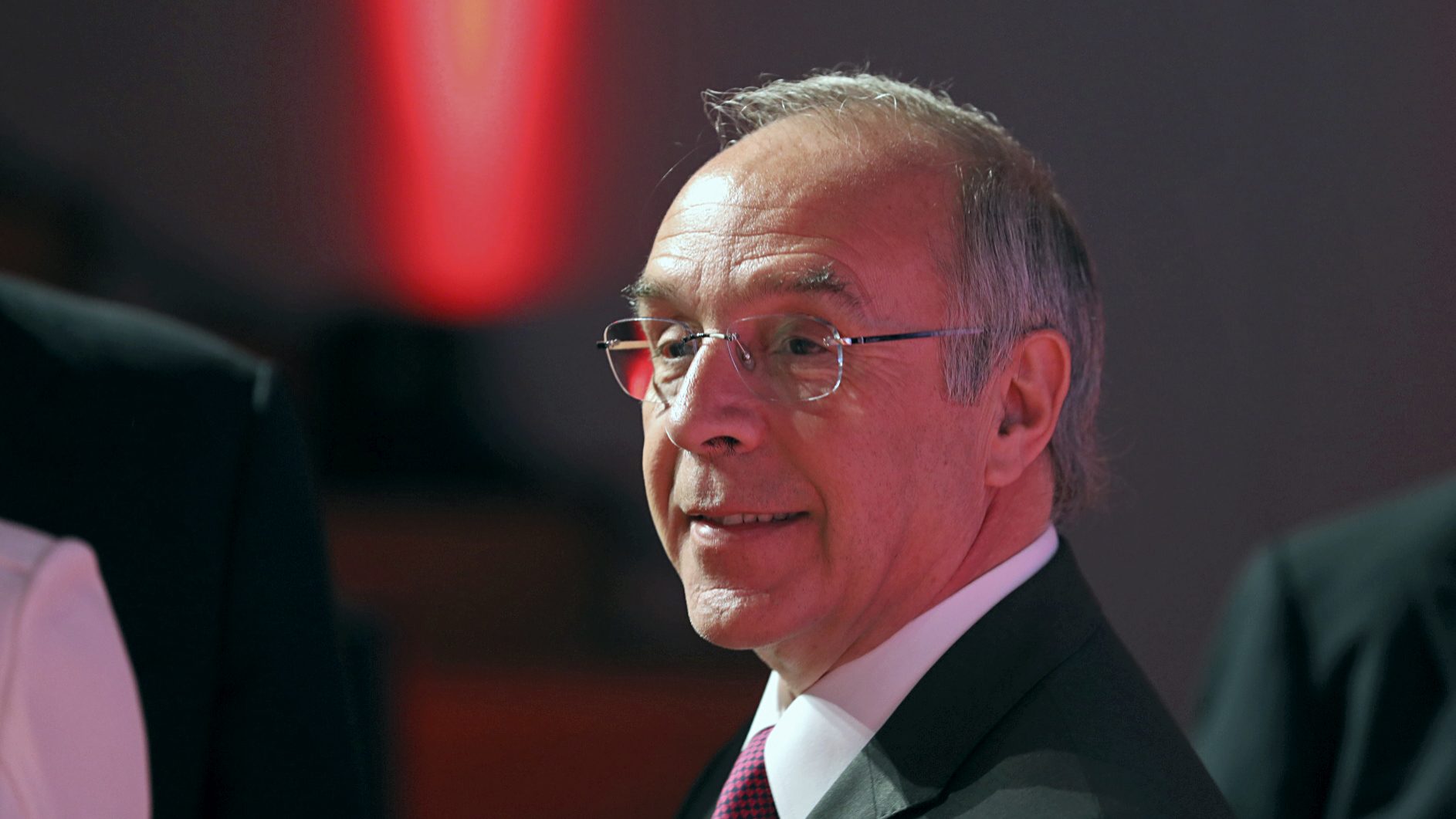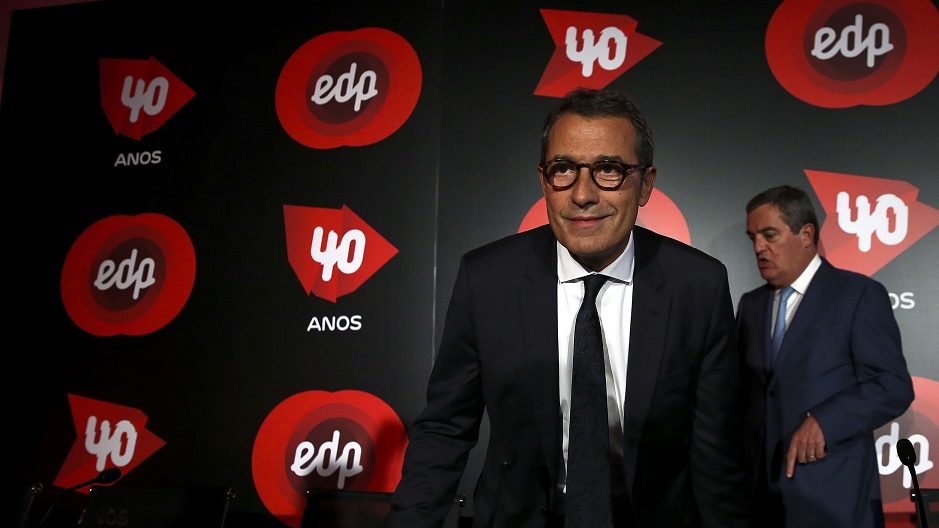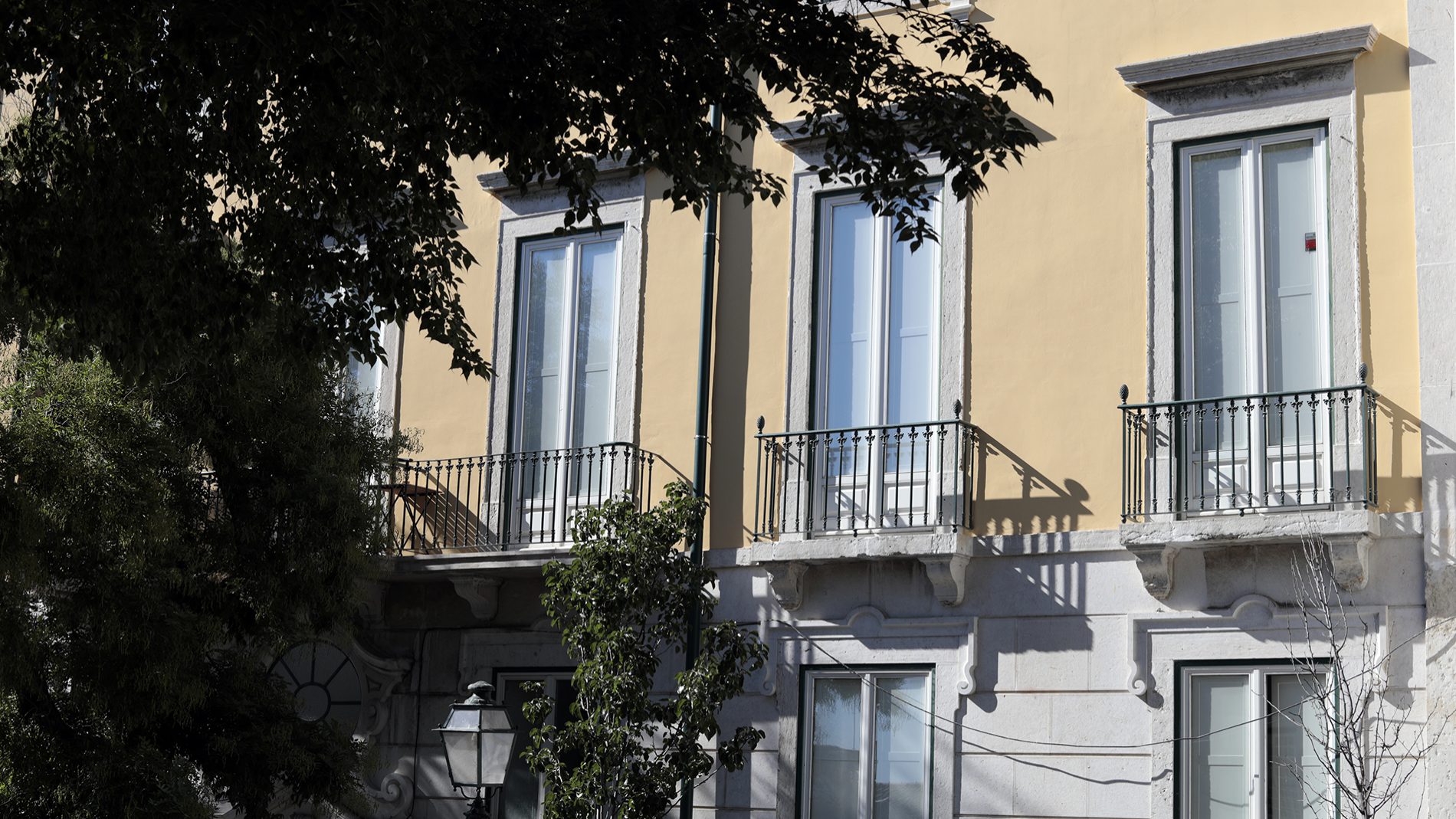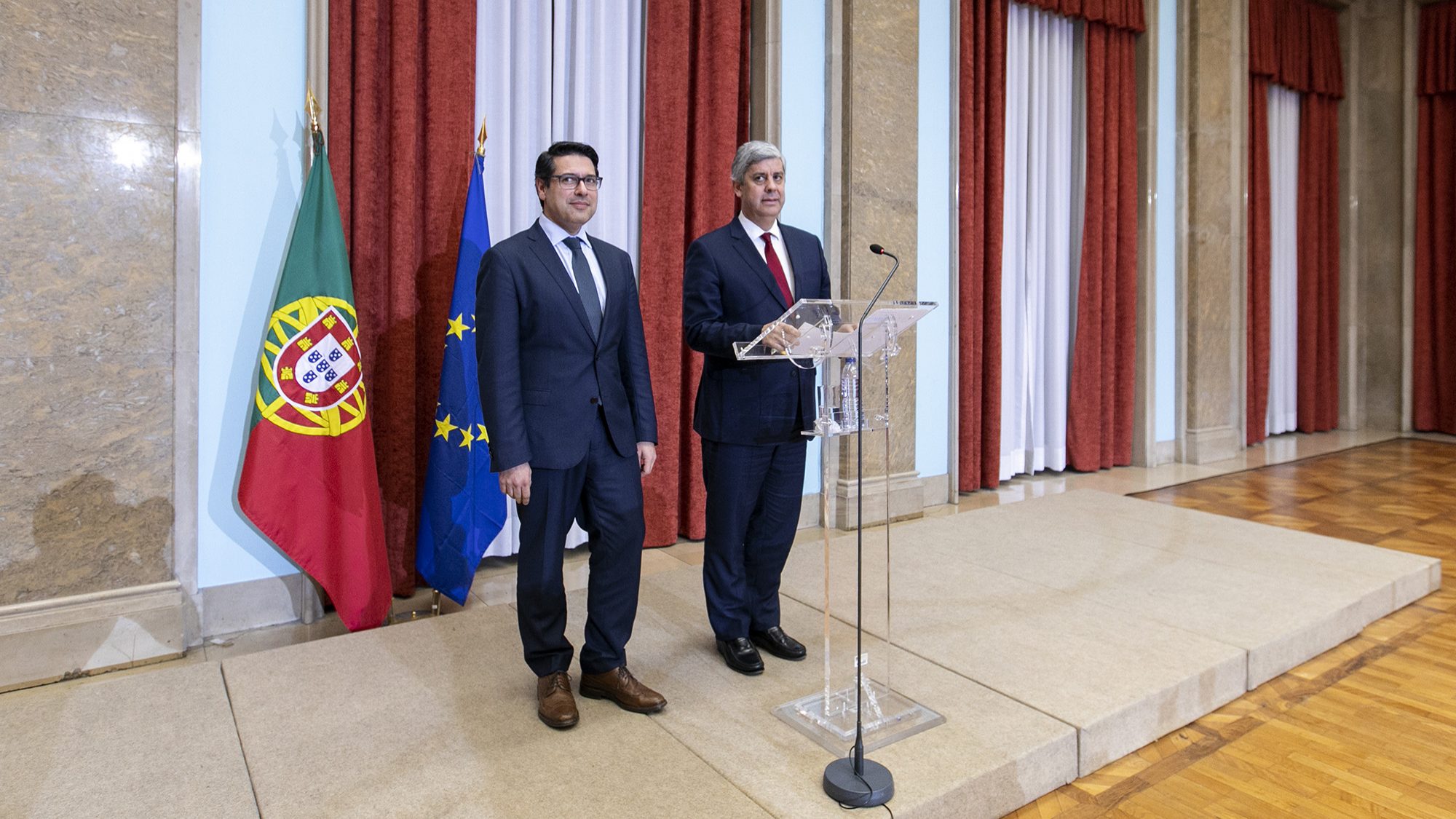14 CGD managers risk being vetoed by the ECB
The managers which were in charge at CGD between 2005 and 2008 and who want to get other positions in the banking sector might have difficulties doing so, as the ECB now holds EY's audit results.
CGD was subject to an audit by EY, which concluded that the public banking has approved countless “ruinous operations” between 2005 and 2008. The document is already in the possession of the European Central Bank, and according to Marques Mendes, the information from the audit has been already used by the European regulator to decide whether the reputation of some of those managers’ would or not allow them to be fit for new positions and receive the ‘ok’ from the ECB.
Between 2005 and 2008, according to what ECO gathered based on CGD’s official records, the public bank welcomed 14 different administrators. Among those, there is Norberto Rosa (which recently has been waiting for 6 months for the approval from the ECB on his appointment to integrate BCP’s team), Carlos Costa, the current governor of the Bank of Portugal (BdP), and the Portuguese Banking Asociation’s president, Faria de Oliveira.
The audit to the Portuguese public bank, CGD, cost around one million euros, and it focused on the period between 2000 and 2015. It concluded that 2005-2008 was the most worrying period, during which the bank approved catastrophic operations, as stated by Marques Mendes, a Portuguese lawyer and former leader of the Portuguese Social Democrats, who has a daily comment on the evening news, streamed by one of the most watched national TV channels, SIC.
He added on national TV that “not only that period showed concerning operations. But from 2005 and 2008 the audit shows it was indeed the darkest period of the bank’s management”. The document was then sent to “regulators and to the criminal investigation authorities, in the event that any of the aspects noted in it could be a crime, but it was not sent to the Portuguese state” the minister of finance said in May this year, refusing to send it to the Commission on Budget and Finances, as he noted it would be violating the banking secrecy.
The audit has been in the Public Ministry’s hands for several months already, at the request of the institution itself. According to a letter sent to parliamentarians in July, CGD announced it had sent the document to that institutional body, but it also announced its refusal to present the document to the Commission on Budget and Finances. Marques Mendes also said that he believed “sooner or later” the information about this ‘ruinous management’ would be public.
One of the consequences of the audit is that “those holding managerial positions at CGD in that period (2005-2008) will not get ECB’s approval in the future if they apply for other managing positions at Portuguese banks. This is a special remark for those whose reputation will be subject to reevaluation by the European Central Bank”.
ECO contacted the ECB, to understand whether it will consider the audit’s result for the evaluation of proper requirements for exercising banking functions of these managers in the future, but Mario Draghi’s institution refused to comment.
This limitation will only be relevant for those aiming at changing their functions and which need a new evaluation from the ECB. Which is not the case for most of the administrators because they are already close to their retirement age and do not plan to move to other positions in other banks.
Carlos Santos Ferreira, Maldonado Gonelha, Vítor Lopes Fernandes, Carlos Costa, Celeste Cardona, Norberto Rosa, Francisco Bandeira e Armando Vara integrated the management of the bank in 2005. These were all still on board the following year, except Carlos Costa, who renounced in September 2006, having been replaced by José Joaquim Berberan. In 2007 the board suffered yet another shift: the presidency was assumed by Fernando Faria de Oliveira and Francisco Bandeira became vice-president. Norberto Rosa maintained his position as a member, with three other entering: Rodolfo Lavrador, José Araújo e Silva, Jorge Tomé and Pedro Cardoso.
Names which all come back to the team on the following year.
We contacted the BdP and Norberto Rosa, to understand whether the waiting period for ECB’s decision on his admission to BCP’s board was somehow related to this issue, but one did say it was under obligation to commit to the banking secrecy the process entails, while the second one did not want to make remarks on the subject.
Norberto Rosa is not the only one: Pedro Cardoso, former administrator of CGD in Macau, is still waiting for the authorization from the BdP to assume its position as a CEO at Bison Bank, formerly known as Banif Investment Banking.
However, a source from the banking sector is convicted that the ECB will not limit its period of analysis to the period mentioned by Marques Mendes(2005-2008), but rather to the whole period audited by the EY (2000-2015), stating that “no one wants to assume any risks so there will be no accepting of anyone who was part of CGD’s management during that period”.




